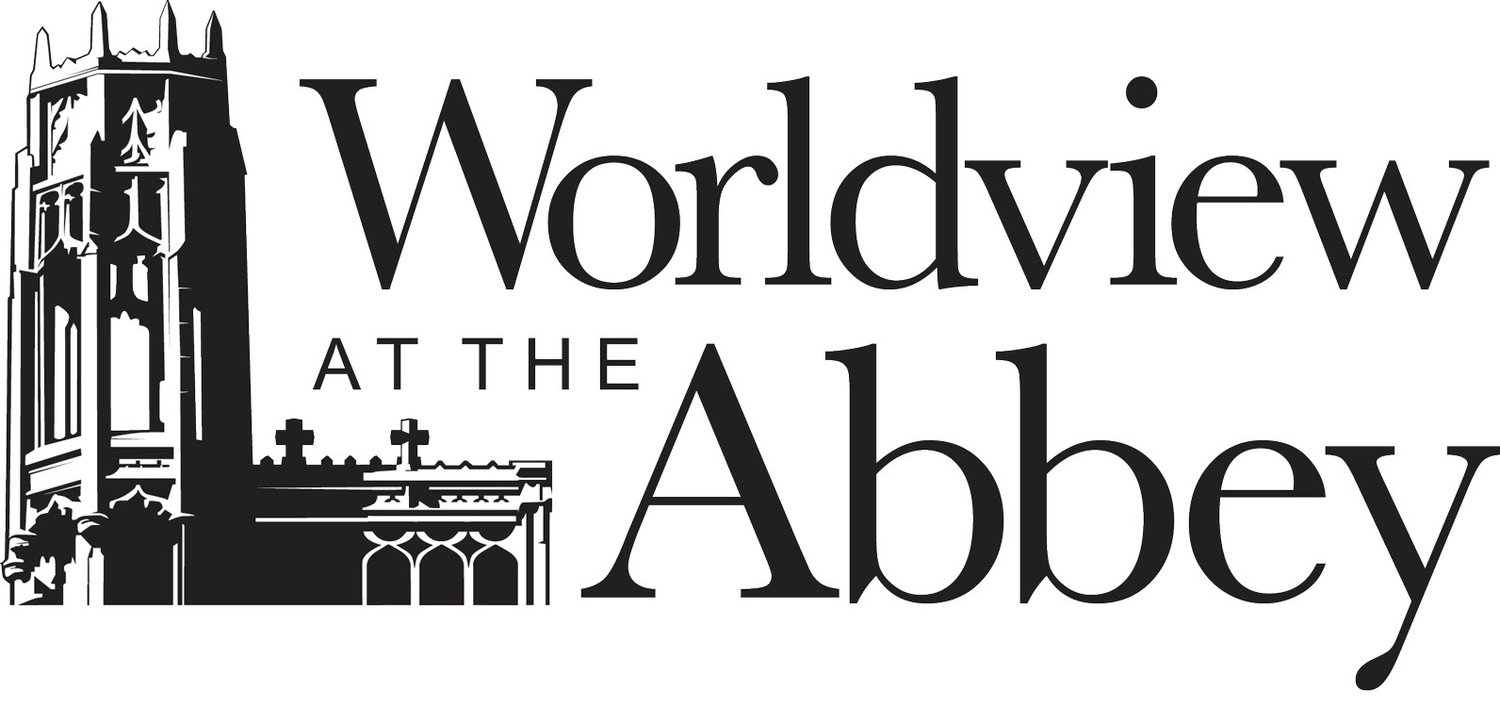America Has Two Parents
/As our year winds down at the Abbey, our students are tackling one of the great commentators on American society: Alexis de Tocqueville. Many people cite his masterpiece Democracy in America, but fewer have read it (if you're in the latter group, read it now and thank me later).
One of the most important observations de Tocqueville makes about the United States is that we have two parents: the adventurers and the puritans. He describes the first group this way: “The men sent to Virginia were, therefore, seekers of gold, adventurers without substance or character whose turbulent and restless outlook disturbed the early days of the colony, making its progress uncertain.”1He describes the puritans this way:
[T]he settlers of New England brought with them laudable elements of order and morality; they landed on the empty coastline together with their wives and children. But what set them apart above all the others was the very aim of their undertaking. They were not forced to abandon their native land by necessity; they left behind a social position they might well have regretted and an assured livelihood. Nor did they move to the New World in order to better their lives or to increase their wealth. They tore themselves away from the comforts of their native land to obey a purely intellectual need; by suffering the inevitable deprivations of exile, their object was the triumph of an idea.2
America is so many things: land of the free, long-time purveyor of slaves, meritocracy, suspicious of success, generous in philanthropy, gun-toting, utilitarian, defiant, skeptical and pious. We are religious but we act like scripture doesn't speak to certain endeavors. We are unfettered consumers and careful stewards. We respect the farmer and aspire to the penthouse. We value education but we don't have time for leisure. We believe we live in the greatest country in the world, and we are wracked with guilt about the choices our country makes.
G.K. Chesterton summed up our nation this way: “[W]hile there is no materialism so crude or so material as American materialism, there is also no idealism so crude or so ideal as American idealism.”3
We seem to be at war with ourselves.
How can we reconcile these contradictions? Listen to de Tocqueville. The United States is inconsistent because our heritage is two-fold. We are the sons and daughters of adventurers and puritans—two very different kinds of people.
Though the term “adventurer” may sound laudable, the adventurers who helped colonize America were not. They cared little for establishing roots, or for building a culture that would last. They were the original get-rich-quick team, interested in taking what they could from the New World and then building mansions in the old one. It's no accident that the first colony to buy slaves—in 1619 no less—was Jamestown.
These adventurers came from England, but they also came from Spain in the form of the conquistadors. The men looking for El Dorado and Cibola cared little for dealing well with other people groups or for building community—they wanted to cash in.
Puritans, on the other hand, made sacrifices to make the New World their home. They viewed the colonies as a grand experiment, allowing those who faced religious persecution in the Old World the opportunity for religious freedom. They brought their wives and they brought their children because they intended to stay, and to build a better place. They were not perfect, but they were committed. And they were the intellectual ancestors of men like James Madison, who fought so hard against the establishment of a state church.
So the next time you find yourself wondering how your fellow citizens can talk so emphatically about America being a meritocracy, and then in the next sentence assume that the only measure of success in America is wealth, remember our heritage. One set of colonists valued hard work, integrity and community, and one valued the efficient (and unsentimental) acquisition of wealth.
We can see both parents in the child.
1 Alexis de Tocqueville, Democracy in America (New York, NY: Penguin Books, 2003), p. 41.
2 Ibid, pp. 42-3.
3 G.K. Chesterton, Charles Dickens: The Last of the Great Men (New York, NY: The Readers Club, 1942), p. 102.

